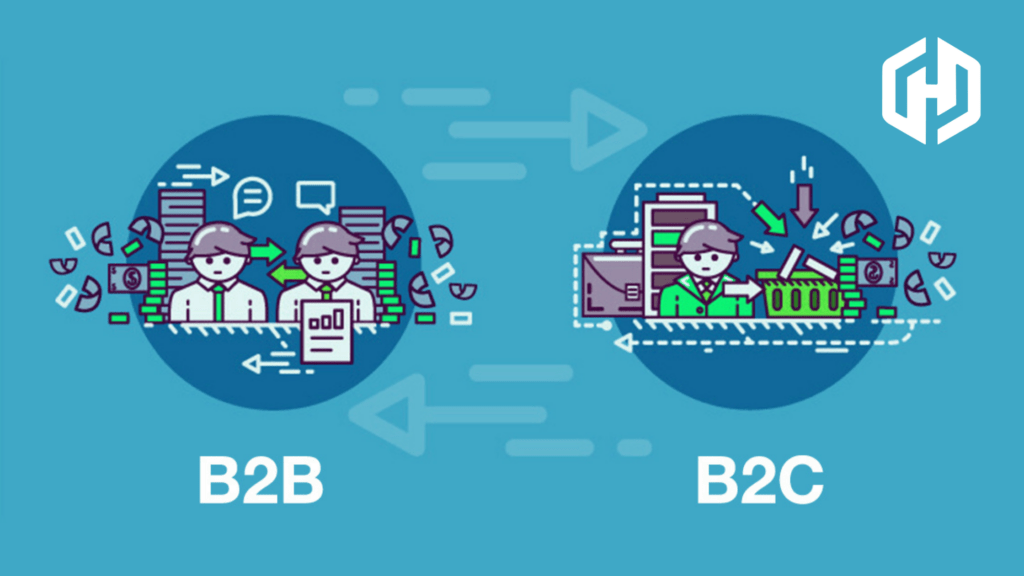In the world of business, there are two types of customers: B2B (business-to-business) and B2C (business-to-consumer). While they may seem similar at first glance, they require different strategies for growth. In this blog, we will explore the key differences between B2B and B2C business growth, as well as strategies for success.
B2B Business Growth
B2B businesses sell their products or services to other businesses, rather than to individual consumers. This means that B2B companies often have a smaller customer base, but larger transactions. Here are some strategies for B2B business growth:
- Build Strong Relationships: B2B sales are often built on long-term relationships. Focus on building strong relationships with your customers, and providing excellent customer service. This will help you retain existing customers and attract new ones through referrals.
- Focus on Customer Retention: In the B2B world, customer retention is key. It’s more cost-effective to retain existing customers than to acquire new ones. Focus on providing exceptional value to your customers, and work to continually improve your products and services.
- Leverage Technology: Technology can help B2B companies streamline their processes and improve their customer experience. Consider investing in a customer relationship management (CRM) system to track interactions with your customers, or a marketing automation platform to streamline your lead generation efforts.
- Offer Customization: B2B customers often have specific needs that require customized solutions. Offer customization options for your products or services, and work with your customers to create tailored solutions that meet their unique needs.
B2C Business Growth
B2C businesses sell their products or services directly to consumers. This means that B2C companies have a larger customer base, but smaller transactions. Here are some strategies for B2C business growth:
- Focus on Customer Acquisition: In the B2C world, customer acquisition is key. Invest in marketing and advertising to attract new customers, and consider offering promotions or discounts to encourage first-time purchases.
- Leverage Social Media: Social media is an essential tool for B2C companies. Use social media platforms to connect with your customers, share content, and promote your products or services.
- Provide Excellent Customer Service: B2C customers expect excellent customer service. Respond promptly to customer inquiries and complaints, and work to exceed their expectations.
- Emphasize Branding: B2C companies often rely on branding to differentiate themselves from competitors. Develop a strong brand identity, and use it consistently across all of your marketing channels.
In conclusion, B2B and B2C businesses require different strategies for growth. B2B businesses should focus on building strong relationships, customer retention, leveraging technology, and offering customization. B2C businesses, on the other hand, should focus on customer acquisition, leveraging social media, providing excellent customer service, and emphasizing branding. By understanding these key differences, businesses can develop tailored strategies for success in their respective markets.


